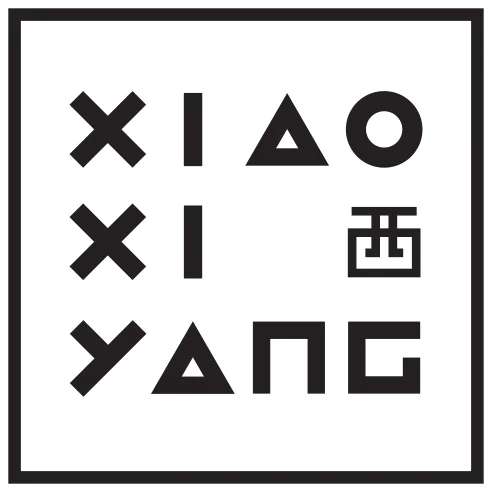TheraCade VR
Virtual Reality (VR) gamified at-home rehabilitation exercise designed for adolescents.
- A collaboration with BC Children Hospital Digital Lab.
Project Overview
The project is a collaboration between BC Children’s Hospital Digital Lab (“the client”) and SevenEleven, a multidisciplinary team of students from the Centre for Digital Media (CDM). The project aims to develop a VR gamified at-home rehabilitation exercise designed for adolescents aged 12-18. The solution includes two to three mini-games centered on the rehabilitation exercises of tracing therapist-created trajectories to achieve the goal of gradually regaining upper limb gross motor skills.
Why TheraCade?
Injuries to the upper body in adolescents can result in the loss of mobility, balance, muscle control, and strength. For those undergoing physical rehabilitation, maintaining motivation and engagement during often monotonous therapy sessions becomes a significant challenge. The high costs and inconvenience associated with traditional rehab exercises, such as scheduling therapists and traveling to clinics, further exacerbate the difficulties faced by these young individuals. The inadequacy of conventional rehab methods not only discourages participation but also hampers recovery and affects the overall well-being of patients.
One promising avenue is the exploration of Virtual Reality(VR) games that can be safely integrated into a home-based rehabilitation platform to increase engagement and accessibility for young individuals. Currently, there are no existing VR products designed to meet this specific clinical need.
The team aims to develop a VR gamified at-home rehabilitation solution designed for adolescents aged 12-18. The objective is to offer a tailored experience that targets patients' upper body gross motor skills through a series of gamified limb motion trajectories set by a therapist in order to promote a more comprehensive and successful recovery journey. The solution also serves as a diagnostic tool to collect data on movement to help therapists track rehabilitation progress and continue to tailor the experience for each patient.
Project: TheraCade VR - VR gamified at-home rehabilitation solution for adolescents focused on upper body motor skills recovery
Genre: Virtual Reality, Game, Healthcare
Role: Team Lead | Product Owner | Client Key Contact | Lead UI
Platform: Unity Engine on Meta Quest 2
Timeframe: 4 days sprints for 12 weeks
Tools: Figma, Adobe PS, Ai, PR, Google Suite, Canva, Discord, Trello, Miro.
Goals & Obectives
To develop a set of 2-3 VR mini-games that meets the jointly defined MVP parameters for movements and data collection to improve the outcome of rehabilitation for young adolescents. The MVP will aim to facilitate at-home data collection to be used for clinical diagnostic purposes and for parameters that can be used to adjust movement challenges for the patient according to their rehabilitation progress. Gamification principles will be integrated into the movements to reward patients in order to motivate them to continue progressing through their recovery. It is expected the team will inject novelty in virtual environments and interactive objects so that the experiences better engage patients.
Solution
There are two parts in the prototype. The therapist app enables therapists to create customizable exercises in VR in the form of tracing a path. They can also set-up a passing score to measure the precision. While the patient app enables patients to perform the exercises and receive feedback based on the tracing performance. To facilitate data collection for at-home rehabilitation, the team also prototyped auto data transfer with Google Drive API.
Core VR Experience:
1. Therapists create customizable exercises with adjustable trajectories and accuracy tolerances.
2. Patients trace these trajectories while data is collected on their precision and progress.
3. Data is sent to therapists to revise and create new exercises, continuing the cycle.
Key Features:
Trajectory Set-up:
Therapists design custom trajectories with adjustable anchor points and tolerance levels, tailored to each patient’s range of motion.
Progress Tracking:
Session data (e.g., user path accuracy, time, distance) is collected and sent via API to therapists for analysis and exercise adjustments.
Gamification:
Two games (with three levels each) are created to add novelty, motivate patients, and ensure safety, with the option of a third game depending on the schedule.
Safety:
Focus on avoiding motion sickness and ensuring patients aren’t incentivized to overexert themselves during gameplay.





















